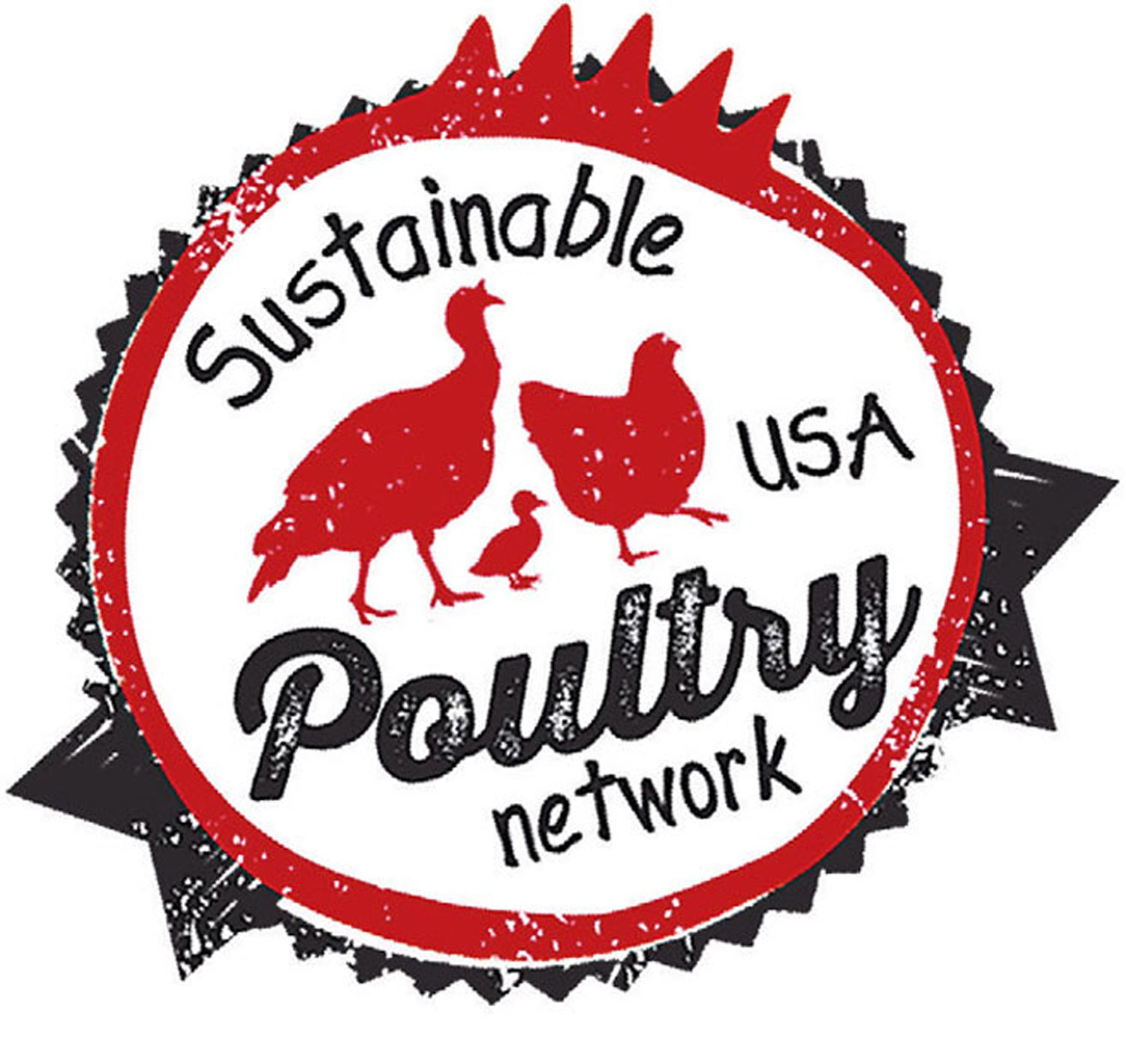Sustainable Poultry Production And Animal Welfare
Back to Heritage: SPN is Bringing America's First Poultry Breeds Into

America's farming industry has a rich history that revolves around sustainable practices and the preservation of heritage breeds. One such pioneer in this movement is Sustainable Poultry Network (SPN), an organization dedicated to bringing back America's first poultry breeds that were once on the verge of extinction. This initiative aims to revive the long-lost traditions of our ancestors and promote sustainable farming methods.
The industrialization of the poultry industry has led to the dominance of a few high-yield, mass-produced breeds. However, this monopolization comes at the expense of biodiversity, animal welfare, and the taste and quality of our food. SPN aims to address these issues by reintroducing heritage poultry breeds that offer numerous benefits both for the farmer and the consumer.
Heritage poultry breeds have distinct characteristics suited for small-scale farming. They are more vigorous, adaptable, and resilient to diseases compared to industrial chicken breeds. Additionally, these birds have better foraging abilities and require less supplemental feed, making them more cost-effective for farmers. By raising heritage breeds, farmers not only contribute to the preservation of genetic diversity but also promote sustainable farming practices.
What sets SPN apart is its commitment to resurrecting these forgotten breeds through careful selection and breeding, ensuring that the resulting offspring have the desired traits. This attention to genetic diversity is crucial for preserving unique characteristics that have been lost in industrial chicken populations.
Ideas For Reviving Heritage Breeds:
1. Collaborating with Local Farmers: SPN actively engages with local farmers and educates them about the benefits of raising heritage poultry. By sharing knowledge and resources, SPN helps farmers successfully integrate these breeds into their existing operations.
2. Encouraging Consumer Demand: SPN believes that consumer awareness and demand play a significant role in supporting sustainable farming practices. They actively promote the unique flavors and qualities of heritage poultry breeds, encouraging consumers to support local farmers who raise them.
3. Genetic Preservation: SPN recognizes the importance of genetic preservation. They maintain a repository of poultry genetics, ensuring that valuable traits are not lost forever. This genetic bank allows farmers to access diverse breeding stock and continues the legacy of these heritage breeds.
Recommendations For Farmers:
1. Learn About Heritage Breeds: Familiarize yourself with the different heritage poultry breeds available. Understand their unique characteristics, temperaments, and requirements before deciding which breed suits your farming goals.
2. Connect with SPN: Reach out to Sustainable Poultry Network for guidance and support. They offer resources, workshops, and hands-on training to assist farmers in successfully integrating heritage breeds into their farming systems.
3. Market Your Product: Highlight the distinct qualities of heritage poultry breeds when marketing your products. Educate consumers about the benefits of supporting sustainable farming practices and the superior flavors derived from these heritage breeds.
Listicle of Benefits of Raising Heritage Breeds:
1. Superior Flavor: Heritage poultry breeds offer rich and robust flavors that are distinct from industrial chicken breeds. The meat is tender, juicy, and full of natural flavors that elevate any dish.
2. Genetic Diversity: By raising heritage breeds, farmers actively contribute to preserving genetic diversity. This ensures a more resilient and adaptable poultry population, crucial for long-term sustainability.
3. Environmental Stewardship: Heritage breeds have excellent foraging abilities and require minimal supplemental feed. This significantly reduces the environmental impact of poultry farming by lowering the amount of resources needed to raise them.
4. Support Local Economy: By supporting local farmers who raise heritage breeds, you contribute to the growth of the local economy. This enables small-scale farmers to thrive and continue their sustainable farming practices.
5. Cultural Legacies: Raising heritage poultry breeds preserves cultural traditions and culinary legacies that have been passed down through generations. By embracing these breeds, you honor the historical significance and stories embedded in our food.
Question & Answer - Common Concerns:
Q: Are heritage breeds less productive than industrial chicken breeds?
A: While heritage breeds may have slightly slower growth rates and smaller sizes compared to industrial breeds, their superior flavor, sustainability, and genetic diversity make them a valuable choice for discerning farmers and consumers.
Q: Do heritage breeds require special care and management?
A: Heritage breeds are hardy, adaptable, and well-suited to small-scale farming. With proper housing, nutrition, and management practices, they can thrive just like any other chicken breed.
Q: How can I find heritage breed chicks or hatching eggs?
A: Reach out to local breeders, poultry enthusiasts, or organizations like the Sustainable Poultry Network. They can help connect you with reputable sources for heritage breed chicks or hatching eggs.
Summary of SPN's Heritage Poultry Initiative:
Sustainable Poultry Network (SPN) seeks to revive America's first poultry breeds, which were at the brink of extinction due to the dominance of industrial chicken breeds. By reintroducing heritage breeds to the farming industry, SPN aims to promote genetic diversity, sustainable farming practices, and support local economies. Their efforts involve collaborating with farmers, education and awareness campaigns, and genetic preservation. Through these initiatives, SPN and the farmers they work with are reintroducing heritage poultry breeds, bringing a flavorful and sustainable touch back to America's agricultural landscape.
Post a Comment for "Sustainable Poultry Production And Animal Welfare"